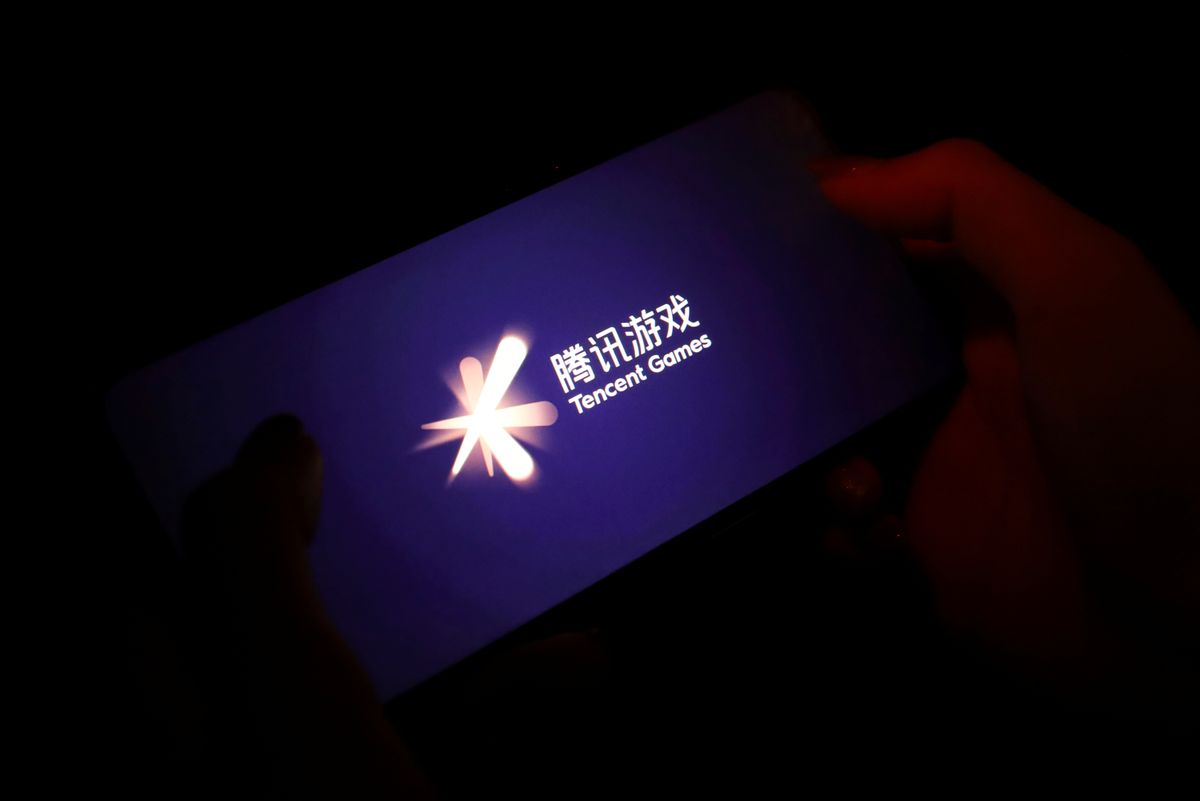Tencent’s Valorant league is betting on China's esports comeback
For those that haven't heard of it, esports is a form of professional gaming where players compete in massive tournaments, and fans tune in for live streams.

A few minutes every morning is all you need.
Stay up to date on the world's Headlines and Human Stories. It's fun, it's factual, it's fluff-free.
The backstory: For those that haven't heard of it, esports is a form of professional gaming where players compete in massive tournaments, and fans tune in for live streams. Valorant, the popular shooter game, made its debut in 2020 and quickly became a fan favorite in the esports scene. China has a huge esports market, with the world's highest number of players and tournament viewership, followed by the US.
But, China's gaming industry hit a bump in the road over the last few years with new curbs being handed down by the government. China's tech industry as a whole faced challenges in 2020 when the government introduced new regulations on fintech. Tencent, the world's largest gaming company, was one of the tech giants navigating these new regulations.
More recently: In December, China gave Tencent the green light to release Valorant, marking what seemed like the government's relaxing its tech sector crackdown. This was a big step forward for Tencent and a massive boost for its competitive esports leagues.
The development: Now, Tencent plans to bring the Valorant esports league to China later this year, managed by its TJ Sports division. And the tech giant is reportedly in talks with some of China's top esports players. The league is set to start during the summer, and it's expected to boost competitive online gaming in China.
Key comments:
"These are positive signs that China tech companies are back to business with regulatory headwinds largely behind," said Marvin Chen, an analyst at Bloomberg Intelligence. "It is also in line with recent comments from policymakers that innovation is still in a prominent position for national development."
"We view Tencent's launch of a gaming league as a positive and bodes well for both the company and the broader Chinese gaming sector in 2023 and beyond," said Esme Pau, an analyst with Macquarie Capital. "With NPPA's approvals for both domestic and imported games (such as Valorant) signaling higher transparency, Chinese game companies are better positioned to invest and launch marketing efforts around major franchises and hence drive higher gaming momentum and revenue."
"Much of the 'tech crackdown' campaign was genuinely rooted in the motivation to increase state control of the digital economy and all the data in the trade, and there is no way that under the current crisis that the party would think these controls are now less important," said Charles Mok, visiting scholar at the Global Digital Policy Incubator at Stanford University, referring to the Chinese government's motivations behind its recent tech crackdown.




Comments ()